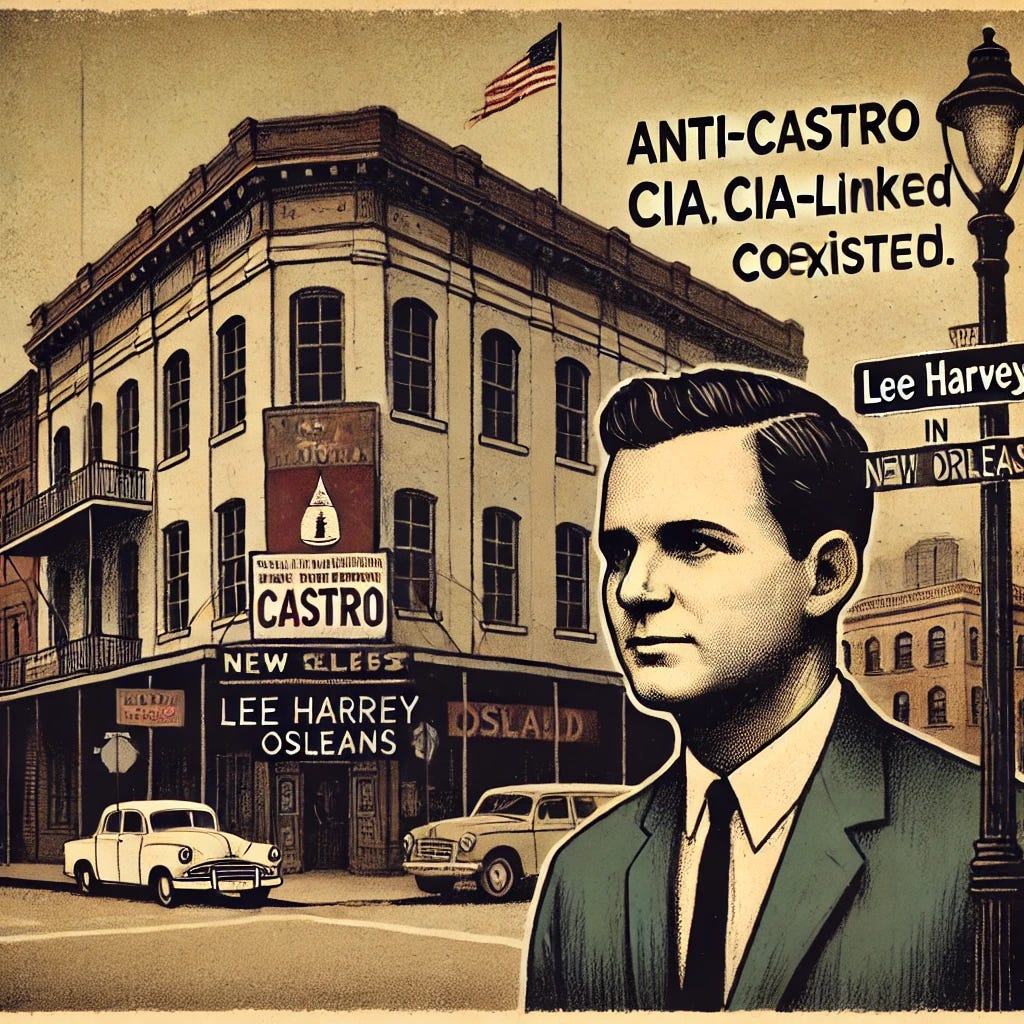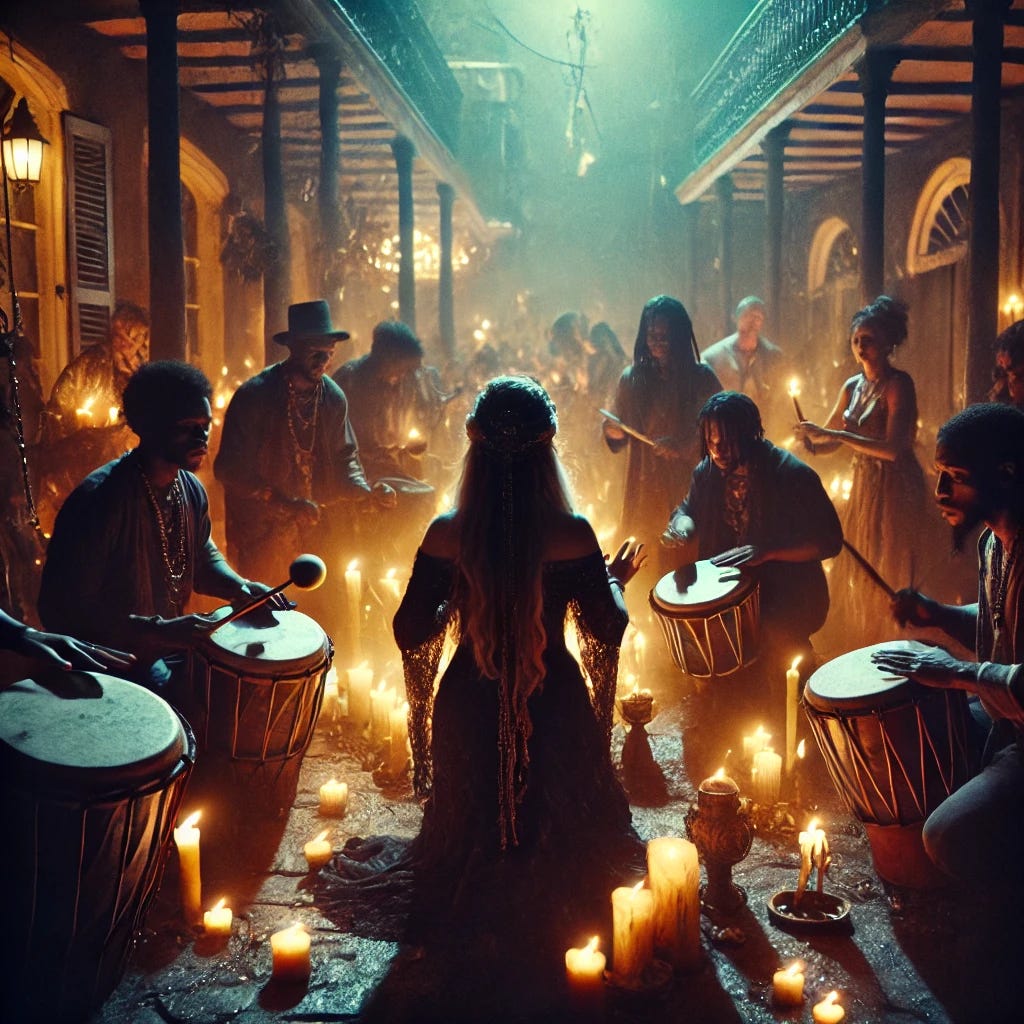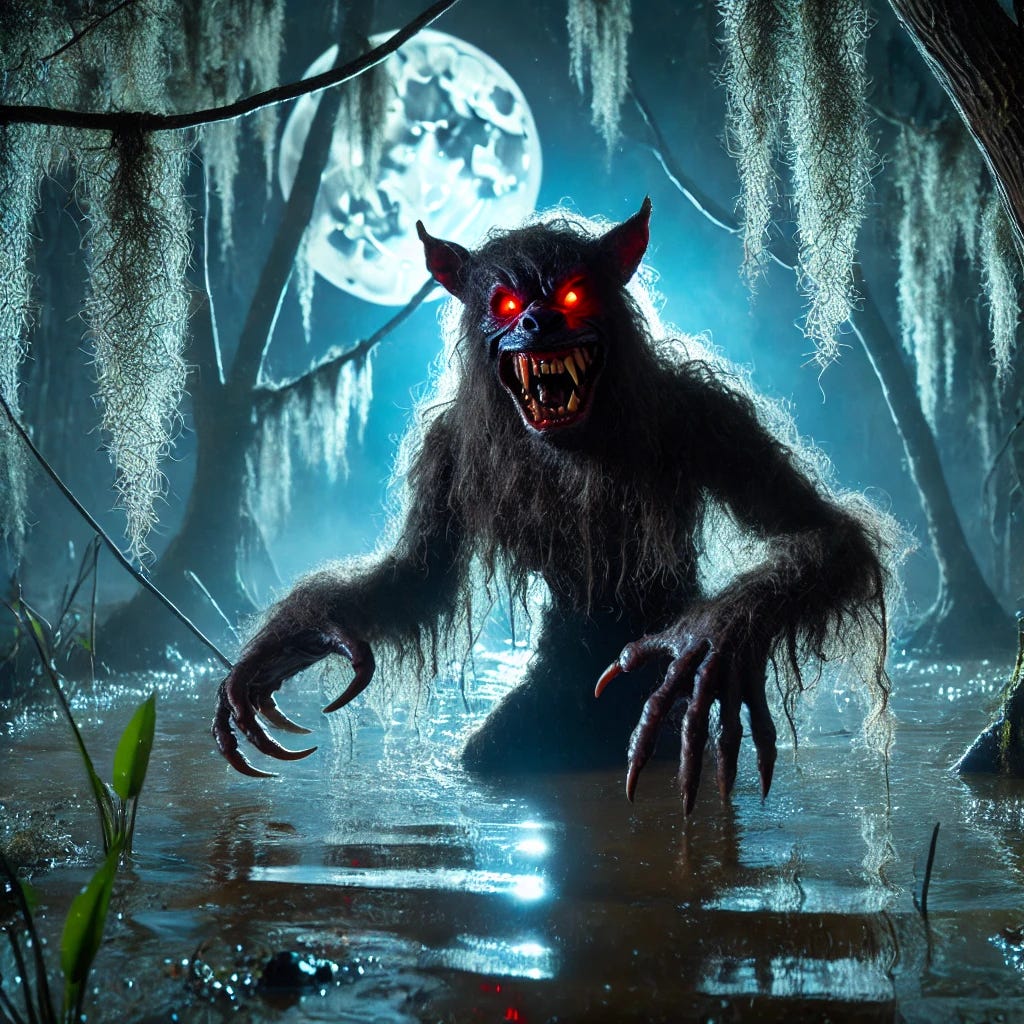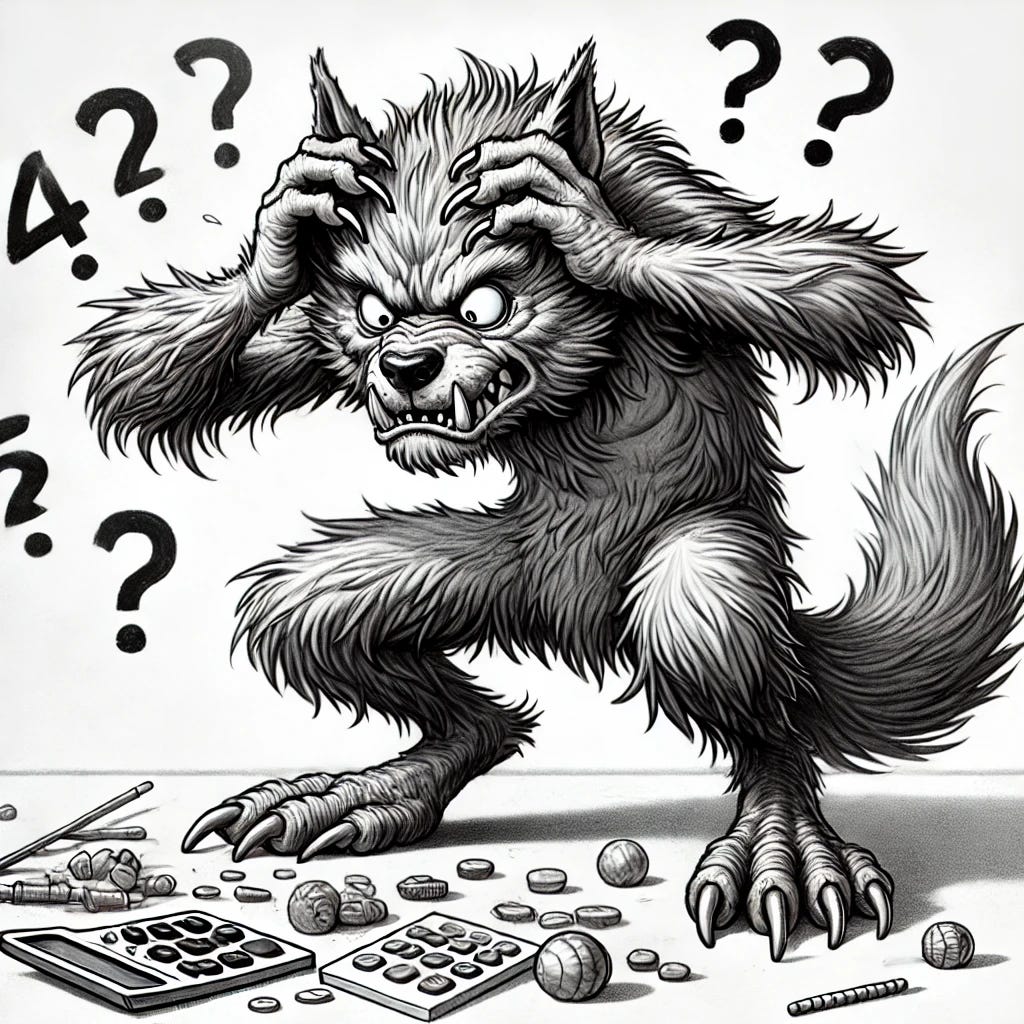Spring recess is just around the corner, and let me tell you, I’ve been counting down the days like a kid waiting for Christmas morning—except instead of presents, I’m hoping for some relaxation, an abundance of beignets, and maybe the return of my sanity. Work has been hectic, career decisions are lurking around every corner, like overenthusiastic Girl Scouts with cookie quotas to meet, and I need a break. A real break. Not one of those “I’ll just answer one email” vacations that slowly turn into a 40-hour work week with a prettier backdrop.
So, my fiancée and I are heading to New Orleans for spring recess. Yep, the land of jazz, ghosts, and food so good it should be classified as an addictive substance. Naturally, I started doing some research because, while I am thrilled about this trip, I am also that person who refuses to go anywhere without knowing at least five fun facts to awkwardly shoehorn into conversations. “Did you know that the cocktail was invented in New Orleans?” I’ll say, as my fiancée orders a drink, fully prepared to pretend she doesn’t know me.
A Walk Down Memory (and Conspiracy) Lane
This isn’t my first time in New Orleans. About 25 years ago, I visited the city with an old girlfriend, and let’s just say it left an impression. Sure, I had my fill of po’ boys and absinthe-fueled wanderings through the French Quarter, but what really fascinated me on that trip was the city’s eerie connection to the JFK assassination.
For those who don’t know, Lee Harvey Oswald spent a significant portion of his life in New Orleans, and the city plays a strange, shadowy role in the tangled web of conspiracy theories surrounding Kennedy’s death. I remember walking through the streets, staring at old buildings, and realizing that a single address housed both an anti-Castro organization and a government office tied to what would later become the CIA. If that doesn’t scream “suspiciously convenient”, I don’t know what does.
Oswald was even caught handing out pro-Castro leaflets in front of that very same building, which is the political equivalent of getting caught robbing a bank while wearing a shirt that says “I Love Federal Investigations.” To this day, people debate whether Oswald was a lone nut, a government pawn, or an actor in the most convoluted, Bayou-flavored espionage plot in American history.
The Big Easy: More Than Just Beads and Hurricanes
That last trip also made me realize what people mean when they talk about New Orleans having an erotic pull—something magnetic, seductive, and just slightly unholy. I remember feeling it in the air, in the heat, in the music that seemed to seep into my skin. It was more than just a party town, more than just a cool place with good food and too many ways to get yourself into trouble.
Now, I have a theory. Stick with me here.
What if it’s Voodou?
Not in the Hollywood “sticking pins in dolls” kind of way, but in the mass hypnotic energy of the place itself. The traditions of Vodou (as practitioners spell it) are deeply woven into New Orleans’ identity. Rituals, music, drumming, dance—this city isn’t just known for them; it runs on them. When thousands of people gather every night in darkened bars, under neon lights, swaying to music that seems to rise from the streets themselves, what if that’s more than just a fun time? What if it’s a kind of spell?
Imagine a city-wide collective trance, a magical force that lulls people into staying longer than they intended, drinking more than they planned, and making choices that should, by all logic, lead to terrible consequences—but somehow, always feel right in the moment. Maybe that’s why New Orleans has always attracted artists, mystics, and the occasional CIA operative with questionable intentions.
Meet the Rougarou: Louisiana’s Werewolf with Commitment Issues
As I fell deeper into my rabbit hole of New Orleans trivia, I discovered that the city has more legends and superstitions than I have unread emails (which is saying something). There’s Marie Laveau, the legendary Voodou Queen, who was said to have performed spells, healings, and maybe even had an army of zombie pigeons (okay, I made that last part up, but let’s be honest—it feels plausible). Then there’s The Axeman of New Orleans, a jazz-loving serial killer from the early 20th century who allegedly sent out a letter saying he’d spare anyone playing jazz music. This means that if I suddenly hear an unexpected saxophone solo at 2 a.m., I will be running in the opposite direction.
But the legend that really got my attention? The Rougarou.
The Rougarou (sometimes spelled Rugaru because, apparently, even terrifying swamp monsters struggle with branding) is Louisiana’s very own werewolf. The legend originates from Cajun folklore, and it describes a terrifying creature that lurks in the swamps, hunting down those who have misbehaved. Here’s the kicker—it’s not just a regular old werewolf. The Rougarou isn’t some standard-issue, full-moon-dependent, “I have anger issues and really should stay away from dog parks” kind of guy. No, this beast is cursed, often for breaking religious rules, and transforms into a snarling, human-hunting, bipedal nightmare.
And the best part? The curse only lasts 101 days—then it gets passed on to someone else, like a demonic game of hot potato. So, technically, someone could wake up one morning thinking, “Wow, my allergies are really bad today,” only to realize, nope, I’m just turning into a legendary bayou monster.
How to Not Become a Rougarou (Because, You Know, That’s a Concern Now)
The good news is that if you ever encounter a Rougarou, there are ways to protect yourself. The bad news is that most of them sound like something your grandma made up to get you to do chores. For example, one way to avoid the Rougarou is to follow religious rules, particularly during Lent. This suggests that if you’ve ever broken a Lenten promise (like, say, giving up sugar and then having “just one” piece of cake), congratulations! You might be on the Rougarou’s watchlist.
Another way to ward it off? Scattering 13 small objects on the ground. Apparently, the Rougarou is a terrible multitasker and can’t count past 12. It gets stuck and confused and will eventually give up in frustration; which, honestly, is the most relatable trait I’ve ever heard about a supernatural being. I, too, have walked away from math problems in despair.
Final Thoughts: Should I Be Worried?
Am I concerned that my relaxing spring break in New Orleans might end with a confused, numerically challenged wolf-man chasing me through the swamps? A little. But honestly, between the ghosts, the Voodou legends, and my general tendency to attract strange situations, the Rougarou is just one of many things I now have to worry about. If nothing else, it gives me another fun fact to blurt out at inappropriate times.
So, if you see me back at work after spring recess looking unusually tired, slightly furry, and unable to count past 12, maybe... don’t ask too many questions.









